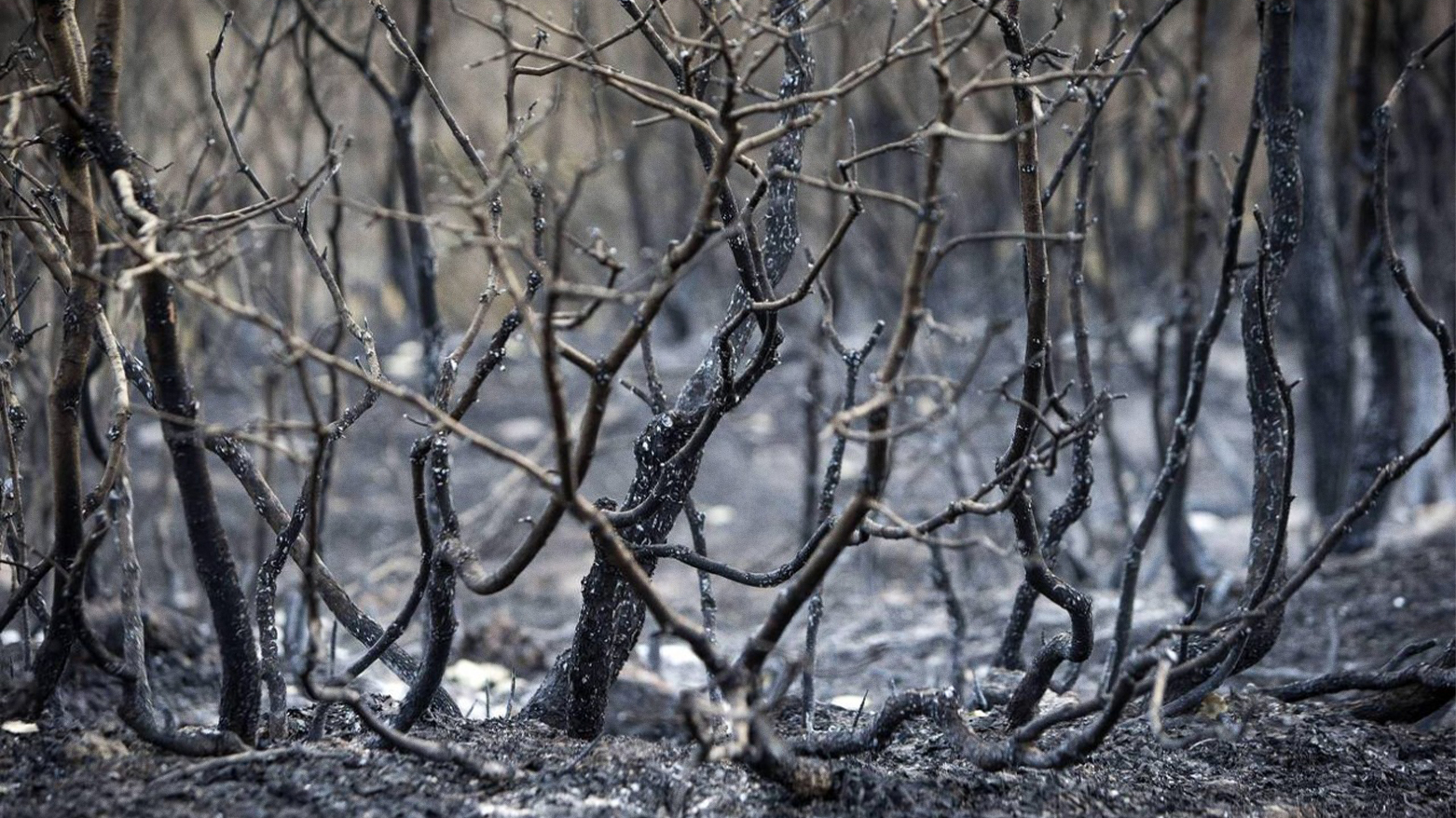Iran Details 'Irreparable' Environmental Damage from 12-Day War
An Iranian environmental official told ILNA the recent war with Israel caused "irreparable" damage, burning 9,000 hectares of protected land and polluting industrial areas. He said Iran could seek compensation for alleged war crimes.

By Kamaran Aziz
ERBIL (Kurdistan24) – An Iranian environmental commander has detailed what he termed a "catastrophe of widespread environmental destruction" resulting from the recent 12-day war with Israel, alleging that attacks burned over 9,000 hectares of protected forests and rangelands and damaged at least 13 protected areas.
In an extensive interview with the Iranian Labour News Agency (ILNA), Second Brigadier General Reza Rastegar, commander of the Environmental Protection Unit, stated that while global attention focused on human casualties, an environmental disaster was unfolding.
"The Zionist regime's military aggression not only threatened the lives and security of citizens but also inflicted irreparable blows on nature," Rastegar told ILNA.
According to the ILNA report, Rastegar specified that at least 13 protected areas across the provinces of Fars, Ilam, Kermanshah, Khuzestan, Gilan, Hamedan, and Isfahan have been damaged.
He cited "fires in more than 9,000 hectares of protected forests and rangelands from the impact of remnants of war projectiles," as well as the complete destruction of one environmental ranger station.
The commander told ILNA that the attacks also targeted oil, industrial, and refinery infrastructure, leading to explosions and fires in petrochemical complexes that released "a massive volume of toxic substances into the air and soil," contaminating water and soil resources in some areas for several kilometers.
Rastegar framed the conflict as an "imposed war by the Zionist regime," which he said was carried out with the "support and cooperation of the United States," according to the ILNA interview.
Beyond the loss of vegetation, Rastegar detailed severe long-term consequences for wildlife.
"The disruption of habitat tranquility, the death of wild species (especially small-bodied plant and animal species), and the mass migration of wildlife to areas surrounding the habitats will have long-term effects," he stated in the ILNA report.
He added that the war led to increased animal mortality from road accidents, starvation, and illegal hunting.
The commander concluded by telling ILNA that Iran could demand compensation for the environmental damage, citing international law.
"According to the First Additional Protocol to the Geneva Conventions, compensation can be demanded," he said, noting that Article 8 of the Rome Statute of the International Criminal Court (ICC) classifies the widespread destruction of the environment during war as a potential "war crime."